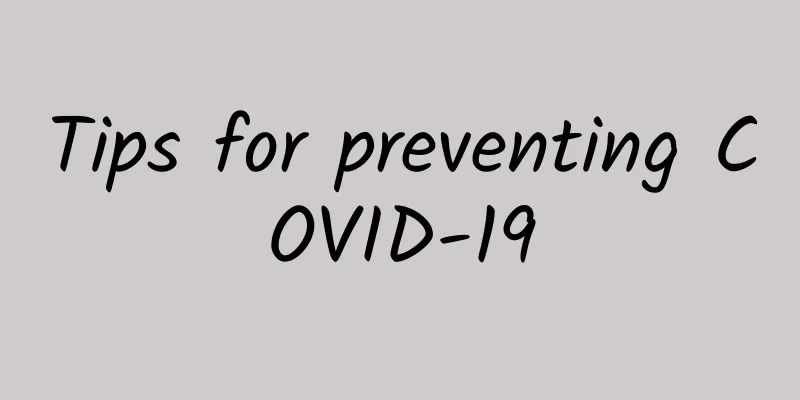How can a miscarriage occur in early pregnancy?

|
Pregnancy is a very happy thing for women, because it is a necessary process for nurturing a new life and it is a matter of great significance to the family. Women also face great health threats during pregnancy because the fetus can be easily affected by various factors during development, which can hinder the baby's development. For example, how can a miscarriage occur in early pregnancy? Let’s take a look at the explanation below. 1. Age. Babies conceived by older women are more likely to have chromosomal abnormalities, which can lead to miscarriage. 2. Genetic defects. If either spouse has chromosomal abnormalities, it can be passed on to the next generation, and 50% to 60% of embryos with chromosomal abnormalities will result in early spontaneous abortion. 3. Systemic diseases: Systemic infection and high fever during pregnancy can cause uterine contractions and lead to miscarriage. 4. Uterine and cervical problems. Uterine malformations (such as uterine hypoplasia, double uterus, uterine septum, etc.) and uterine tumors can affect embryo implantation and development and lead to miscarriage. Severe cervical lacerations and relaxation of the internal cervical os lead to premature rupture of membranes and late spontaneous abortion. 5. Have a history of birth defects or genetic diseases. Have given birth to a baby with a birth defect, or the pregnant woman (or her partner) has a family history of genetic diseases. 6. Certain infectious diseases. Studies have found that the risk of miscarriage increases if a pregnant woman has listeriosis, mumps, rubella, measles, cytomegalovirus infection, parvovirus infection, gonorrhea, HIV infection, or other infectious diseases. 7. Bad habits. Excessive smoking, alcoholism, excessive drinking of coffee, heroin and other drugs can all cause miscarriage. 8. Immune dysfunction: Pregnancy is similar to allogeneic transplantation. There is a complex and special immunological relationship between the embryo and the mother, which prevents the embryo from being rejected. If the immune system of both mother and child is not compatible, the mother may reject the embryo and cause miscarriage. 9. Exposure to toxic environments. Exposure to certain chemicals such as lead, arsenic, formaldehyde, benzene, ethylene oxide, as well as large amounts of radiation or inhaled anesthetics can increase the risk of miscarriage. |
<<: What should I do if I want to have sex during pregnancy?
>>: What are the symptoms of a boy at eight and a half months of pregnancy?
Recommend
"Health from eating" series | Endocrinologists recommend that polycystic patients eat more whole grains
Polycystic ovary syndrome is one of the common ca...
Mild bleeding the day after sex
Harmony in married life is the standard of marita...
Does low hcg mean ectopic pregnancy?
During the prenatal checkup, especially in the ea...
What causes postpartum anal bleeding?
Postpartum anal bleeding is most likely caused by...
What are the treatments for acute pelvic inflammatory disease?
Pelvic inflammatory disease is a relatively commo...
What should women with qi deficiency eat?
In life, many women always feel weak and tired wi...
Benign reactive changes
The phenomenon of benign reactive changes actuall...
Does eating vinegar during pregnancy affect the fetus?
Pregnant women are a special group of people. Aft...
Is it painful for women to remove the IUD?
Whether women will experience pain during the rem...
Will women gain weight after menopause?
After a woman's body has her first menstrual ...
Interesting Medicine Talk | Vitamin B₂ (Riboflavin) (with audio)
Your browser does not support the audio tag...
Ovarian cysts are dangerous
Ovarian cysts are so familiar to female friends t...
What are the principles for managing ectopic pregnancy?
Generally speaking, if a female friend has an ect...
Feeling of discomfort in the vagina
Vaginal discomfort is a symptom of many female di...
Savings: Survey shows iPhone 14 demand may be higher than iPhone 13
There are only a few weeks left until the iPhone ...









